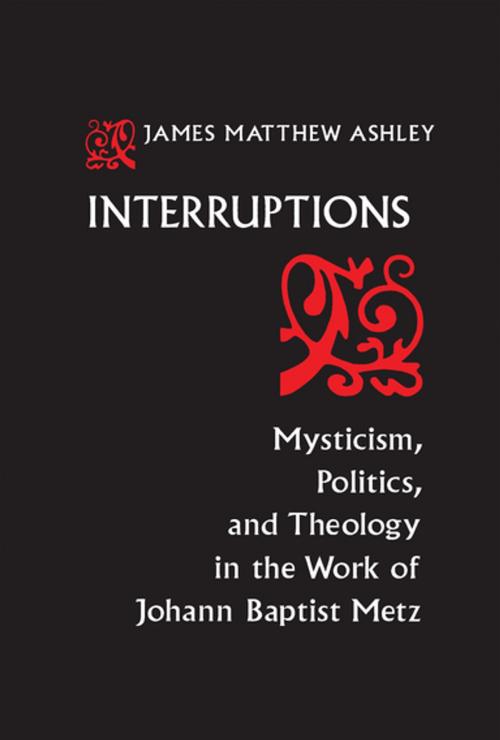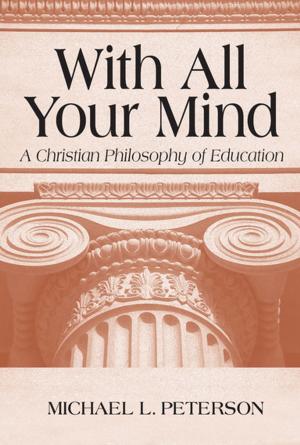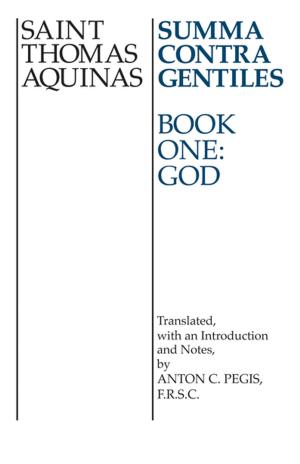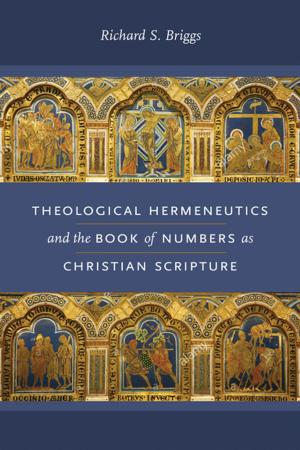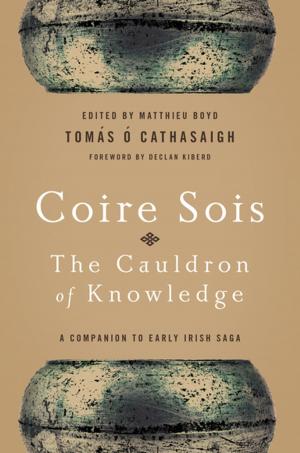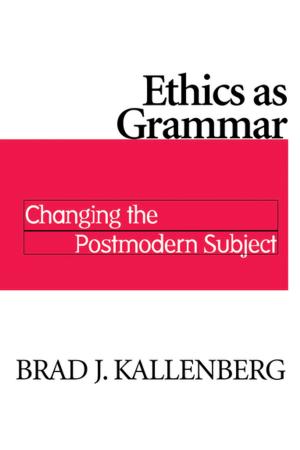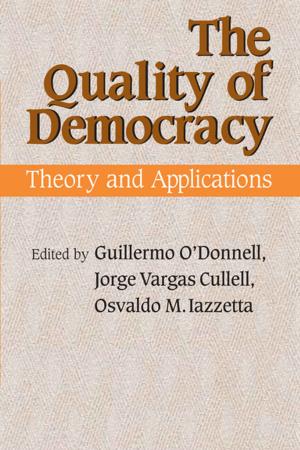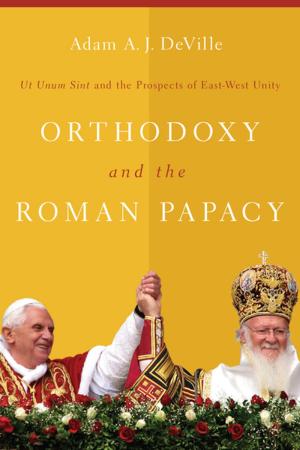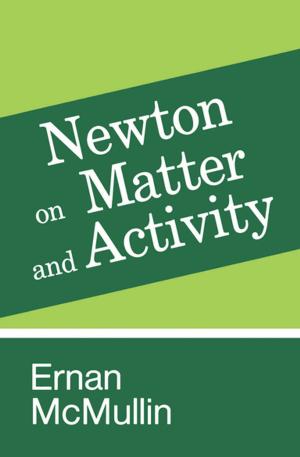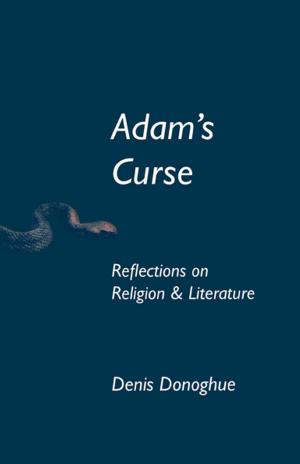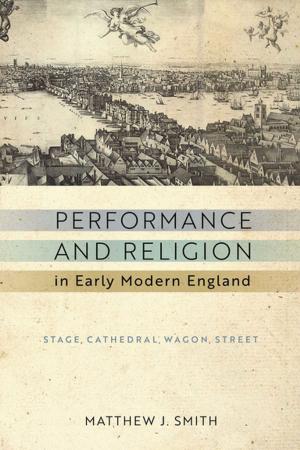Interruptions
Mysticism, Politics, and Theology in the Work of Johann Baptist Metz
Nonfiction, Religion & Spirituality, Inspiration & Meditation, Mysticism, Reference, History, Christianity, Denominations, Catholic, Catholicism| Author: | J. Matthew Ashley | ISBN: | 9780268074883 |
| Publisher: | University of Notre Dame Press | Publication: | December 8, 1998 |
| Imprint: | University of Notre Dame Press | Language: | English |
| Author: | J. Matthew Ashley |
| ISBN: | 9780268074883 |
| Publisher: | University of Notre Dame Press |
| Publication: | December 8, 1998 |
| Imprint: | University of Notre Dame Press |
| Language: | English |
Johann Baptist Metz is one of the most important Roman Catholic theologians in the post-Vatican II period, however there is no comprehensive overview of his theological career. This book fills that gap. It offers careful analyses and summaries of Metz's work at the various stages of his career, beginning with his work on Heidegger and his collaboration with Karl Rahner. It continues with his work in the nineteen-sixties when he moved off in a radically different direction to found a "new political theology" culminating in his seminal work, Faith in History and Society. Metz addresses themes ranging from the situation of the Church "after Auschwitz," the future of religious life in the Church, and the relationship between religion and politics after the end of the cold war. J. Matthew Ashley covers all of Metz's writings along with his crucial relationships to figures like Karl Rahner, Martin Heidegger, Ernst Bloch, Walter Benjamin and the social critics of the early Frankfurt School. Interruptions shows that despite the dramatic turn in the nineteen-sixties there is an underlying continuity in Metz's thought. Ultimately, however, the underlying continuity in Metz's career is defined by a spirituality, a spirituality that is painfully yet hopefully open to the terrible suffering that characterizes our century, a spirituality founded in the Prophets, in Lamentations, and in the figures of Job and the Jesus of Mark's Gospel. This book shows how Metz has tried to find theological concepts adequate for expressing this spirituality--which he calls a "Mysticism of open Eyes" or of "suffering unto God"--and to work out its political implications. To this end the book has an opening chapter on the relationship between spirituality and theology, and a closing chapter that shows that the most fundamental difference between Rahner and Metz is rooted in the different Christian spiritual traditions out of which the two operate. Interruptions is essential reading for anyone interested in Spirituality and Mysticism and in their relation to political philosophy.
Johann Baptist Metz is one of the most important Roman Catholic theologians in the post-Vatican II period, however there is no comprehensive overview of his theological career. This book fills that gap. It offers careful analyses and summaries of Metz's work at the various stages of his career, beginning with his work on Heidegger and his collaboration with Karl Rahner. It continues with his work in the nineteen-sixties when he moved off in a radically different direction to found a "new political theology" culminating in his seminal work, Faith in History and Society. Metz addresses themes ranging from the situation of the Church "after Auschwitz," the future of religious life in the Church, and the relationship between religion and politics after the end of the cold war. J. Matthew Ashley covers all of Metz's writings along with his crucial relationships to figures like Karl Rahner, Martin Heidegger, Ernst Bloch, Walter Benjamin and the social critics of the early Frankfurt School. Interruptions shows that despite the dramatic turn in the nineteen-sixties there is an underlying continuity in Metz's thought. Ultimately, however, the underlying continuity in Metz's career is defined by a spirituality, a spirituality that is painfully yet hopefully open to the terrible suffering that characterizes our century, a spirituality founded in the Prophets, in Lamentations, and in the figures of Job and the Jesus of Mark's Gospel. This book shows how Metz has tried to find theological concepts adequate for expressing this spirituality--which he calls a "Mysticism of open Eyes" or of "suffering unto God"--and to work out its political implications. To this end the book has an opening chapter on the relationship between spirituality and theology, and a closing chapter that shows that the most fundamental difference between Rahner and Metz is rooted in the different Christian spiritual traditions out of which the two operate. Interruptions is essential reading for anyone interested in Spirituality and Mysticism and in their relation to political philosophy.
